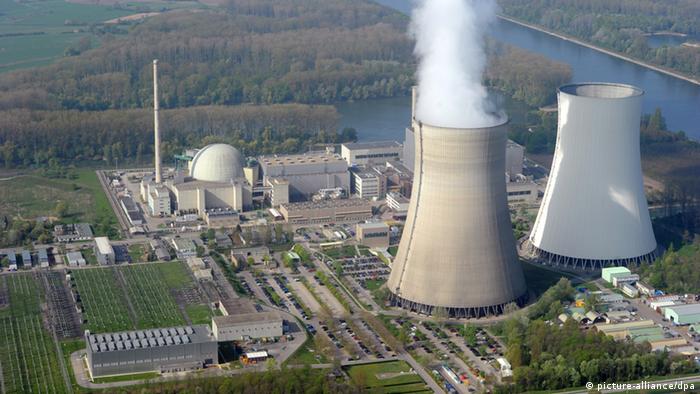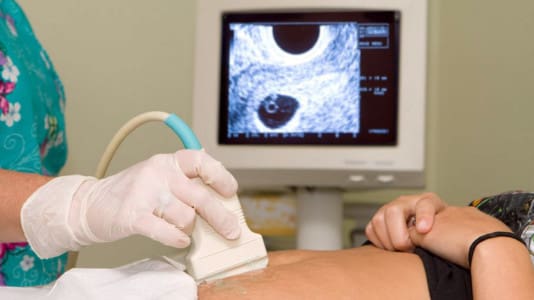Twenty leading professors from Germany’s top technical universities have issued a statement in favor of restarting nuclear power plants, saying their shutdown has caused an energy emergency, while rising energy prices threaten industry and the wider economy.
The document, already nicknamed by the press as the “Stuttgart Declaration,” explained that due to the unilateral focus on solar, wind, and natural gas, Germany now has an energy shortage, and rising energy prices and uncertainty of supply “threaten competitiveness and prosperity.”
The academics revealed to the Hungarian newspaper Mandiner that many other colleagues who sympathize with their position have been too afraid to pledge their support publicly due to left-wing pressure.
According to the professors, the existing situation is aggravated by the insistence on the gradual closure of German nuclear power plants, while also making global climate protection more difficult since the country is constantly in need of coal-fired energy production. The Intergovernmental Panel on Climate Change has declared nuclear energy as a means of climate protection, and the academics remind us that the European Union classifies nuclear energy as a sustainable energy source.
On this basis, they support the further production of German nuclear energy, i.e., nuclear power plants as the third pillar of climate protection in addition to solar and wind energy. The range of signatories is relatively wide and covers the best German universities from Münster to Dresden.
Speaking to Mandiner, one of the researchers who launched the petition, André D. Thess, a professor specializing in energy storage at the University of Stuttgart, said that since the Fukushima disaster, the public began to treat nuclear power plants as something very dangerous, which led to the current situation in Germany.
The authors of the declaration have already received hundreds of letters of support for their petition from colleagues. Many reportedly wanted to join the signatories, but they also received the criticism that they are undermining the German energy transition.
This is strongly rejected by Thess who claimed the exact opposite is true; they all support the reduction of carbon dioxide emissions, and he pointed out that, according to the Intergovernmental Panel on Climate Change, nuclear power plants with low carbon emissions also help in this.
“We also learned that many other scientists share the point of view of the signatories, but many were afraid to express their opinions openly because you can quickly be accused of being on the right-wing political side if you support nuclear power,” Thess said.






